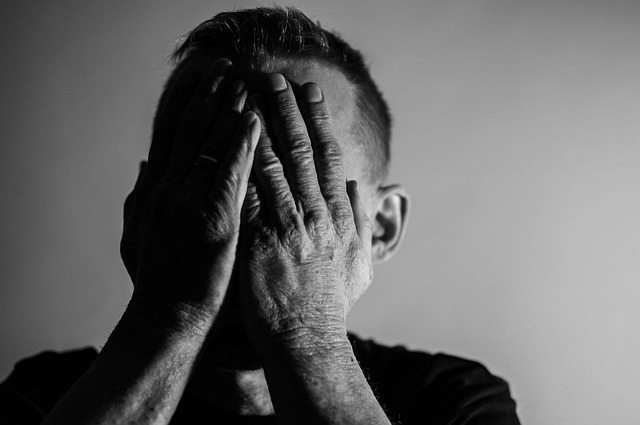Civil commitment, while aiming to protect public safety through forced mental health treatment, poses significant risks to individual rights and freedoms, impacting access to education, employment, and social connections. Balancing public safety and personal liberties is crucial, with legal protections ensuring fair trials, access to legal representation, and confidentiality of sensitive information. Navigating these proceedings demands a careful equilibrium between public safety and respecting the rights in mental health cases, focusing on due process and mitigating stigma.
In the intricate landscape of mental health law, civil commitment—a process that temporarily confines individuals for treatment—raises critical questions about balancing care with personal freedoms. Protecting rights in these legal battles is paramount, especially considering the potential impact on an individual’s autonomy and dignity. This article delves into understanding civil commitment, exploring legal protections, and addressing challenges to ensure fair treatment within mental health cases, emphasizing the importance of safeguarding rights for all involved.
- Understanding Civil Commitment and Its Impact on Rights
- Legal Protections for Individuals in Mental Health Cases
- Navigating Challenges: Ensuring Fair Treatment and Dignity
Understanding Civil Commitment and Its Impact on Rights

Civil commitment, a legal process used in mental health cases, involves confining an individual for treatment against their will. This measure, while intended to protect public safety and provide necessary care, can significantly impact an individual’s rights. It’s crucial to understand that those subject to civil commitment face restrictions on their liberty, autonomy, and privacy.
This process can have profound effects on various aspects of a person’s life. Access to education, employment, and social interactions may be hindered. Moreover, the potential for misuse or abuse of power during commitment raises significant concerns about safeguarding rights in mental health cases. Therefore, striking a balance between public safety and individual liberties remains a delicate task in civil commitment legal battles.
Legal Protections for Individuals in Mental Health Cases

In civil commitment legal battles, ensuring the protection of individuals’ rights is paramount. Mental health cases demand a delicate balance between public safety and respecting the fundamental rights of those facing such proceedings. Legal protections are in place to safeguard individuals from arbitrary or discriminatory treatment during this process. These safeguards include due process guarantees, which entitle persons under civil commitment to fair trials, access to legal representation, and the right to challenge evidence used against them.
Additionally, confidentiality provisions protect sensitive personal information shared during mental health assessments and treatments. Such protections foster trust between patients and healthcare providers while ensuring that individuals’ privacy is maintained throughout legal battles. These legal frameworks are designed to uphold justice and fairness, ensuring that rights in mental health cases are upheld even under exceptional circumstances.
Navigating Challenges: Ensuring Fair Treatment and Dignity

Navigating the complexities of civil commitment legal battles requires a delicate balance between public safety and respecting individual rights in mental health cases. Challenges often arise when determining the fine line between confinement for treatment and restriction for control, with both sides demanding fairness and dignity.
Court proceedings must ensure that individuals facing civil commitment receive due process, including access to competent legal representation and an opportunity to present their case. The focus should be on providing appropriate care while upholding the person’s rights, recognizing their inherent humanity, and minimizing the stigmatization often associated with mental health issues in legal settings.
